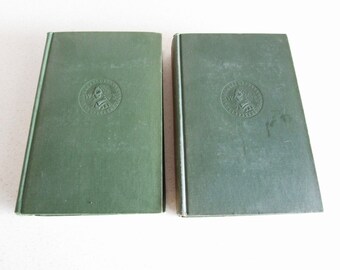

It creates a dysfunctional clannishness that is further disrupted by the armed struggle they are drawn into. There is a constant dissonance between the traditional ways of the primitive society which causes conflict between family members, neighbors and social groups within the village. Sociological issues act as major themes throughout the novel. They are drawn into a revolutionary conflict, and Buendia is heralded as a rebel leader against an oppressive regime. His consternation grows beyond expectation as political issues in Colombian society have an impact on the village.

Alternately, the technical aspects of new concoctions and contraptions that Buendia cannot fully explained are accepted by the villagers as magic.

What the primitives see as magic is explained by Buendia as wonders of the civilized world. Only he finds himself bracketed by the mysticism of tradition and technology of the modern world. Eventually the village begins to grow, and Buendia continues his efforts to develop its community. Jose Arcadio Buendia founds the village of Macondo after a time of wandering in the jungle. Oh well, if you've gotta live your lifetime in Colombia I guess you should have something to show for it.Īt any rate, if you're into postmodern this is a worthy read. Yet the global literary community has branded this as a new genre of magical realism, and even gave Gabriel Garcia Marquez a Nobel Prize in Literature for it. If you like your literature straightforward, this book is not for you.Īs an indie lit postmodernist author, I can say with authority that this fits the description of a postmodernist novel. If you like convoluted, ethereal writing filled with symbolism, you will appreciate this book. The book ends with this statement, ".because races condemned to one hundred years of solitude did not have a second opportunity on earth." It's possible the message here is closed societies result in self-destructive practices and behaviors from which there is no turning back. Some scenarios are purely sad, others are comical and improbable. This is not a happy book: set against wars, civil uprisings, government corruption and dramatic personal sagas with tragic endings. Incest leading to marriage is frequent, as is unrequited love leading to suicide, and blatant, leading flirtations with refusals to commit to relationships. I must admit I was often confused as to which character was doing what with whom. Many characters have the same names, are interconnected in a myriad of ways, live in the same place with little interaction with the outside world, and repeat the same patterns of behavior.

It's beautifully written in a poetic, circular, symbolic language with a story that almost never seems to move ahead. I decided to read this book since this book is important in literature.


 0 kommentar(er)
0 kommentar(er)
